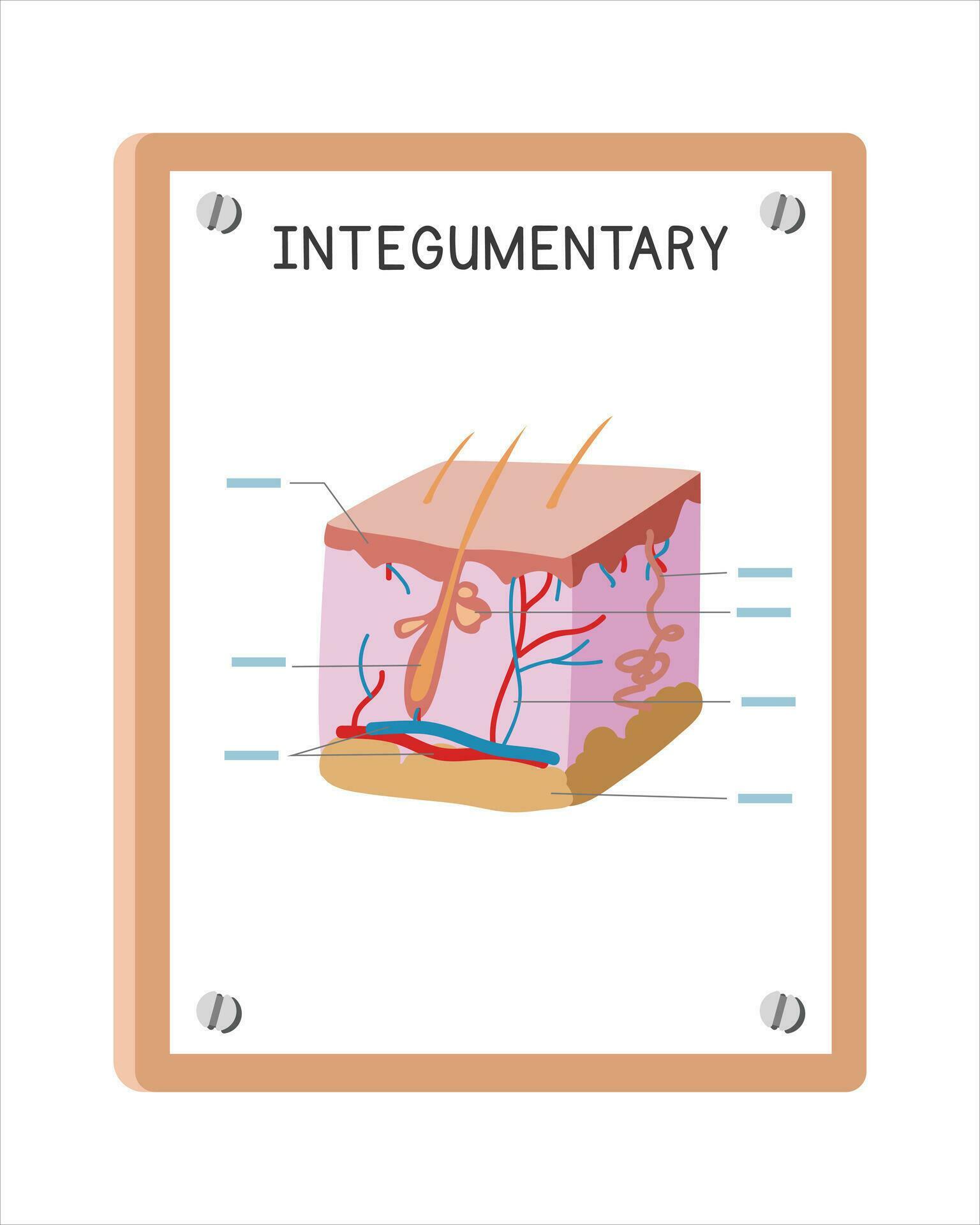Understanding the integumentary system is essential for nursing and medical students. Our Integumentary System Quiz is designed to test your knowledge of the skin, hair, nails, and more. This quiz covers everything you need to know about this vital system that protects and regulates our body. With challenging questions and detailed explanations, you can prepare for exams or refresh your skills. Dive into the complexities of the integumentary system and see how well you understand its functions and structure.


